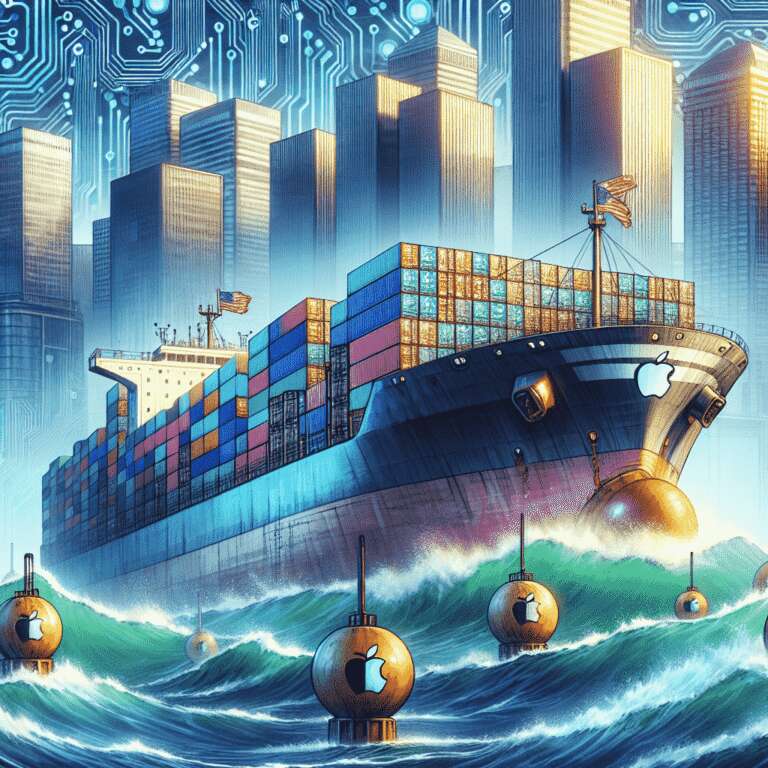US-imposed tariffs are exerting fresh pressure on Apple’s global supply chain strategy, encouraging the tech giant to expand its reliance on Asian manufacturing partners. This shift reflects broader industry moves as companies reassess sourcing logistics and production locations in response to ongoing trade tensions. Notably, suppliers such as Unimicron, which works with Nvidia, Intel, and Apple, are among the industry players adapting to the dynamic regulatory and political environment.
Simultaneously, Chinese technology leaders are accelerating their ambitions in the artificial intelligence chip market. Huawei has reportedly made significant progress in Artificial Intelligence hardware, posing competitive challenges to established global companies. Meanwhile, Alibaba has entered the Artificial Intelligence race more aggressively, setting its sights on rival DeepSeek and aiming to secure a leadership role in regional and international Artificial Intelligence advancements.
As Artificial Intelligence adoption becomes increasingly critical to technological competitiveness, partnerships, supply chains, and intellectual property flows between American and Asian companies are evolving. The interplay between trade barriers and rapid innovation is reshaping the landscape, fostering both regional cooperation and intensified rivalry across the semiconductor and Artificial Intelligence sectors.

